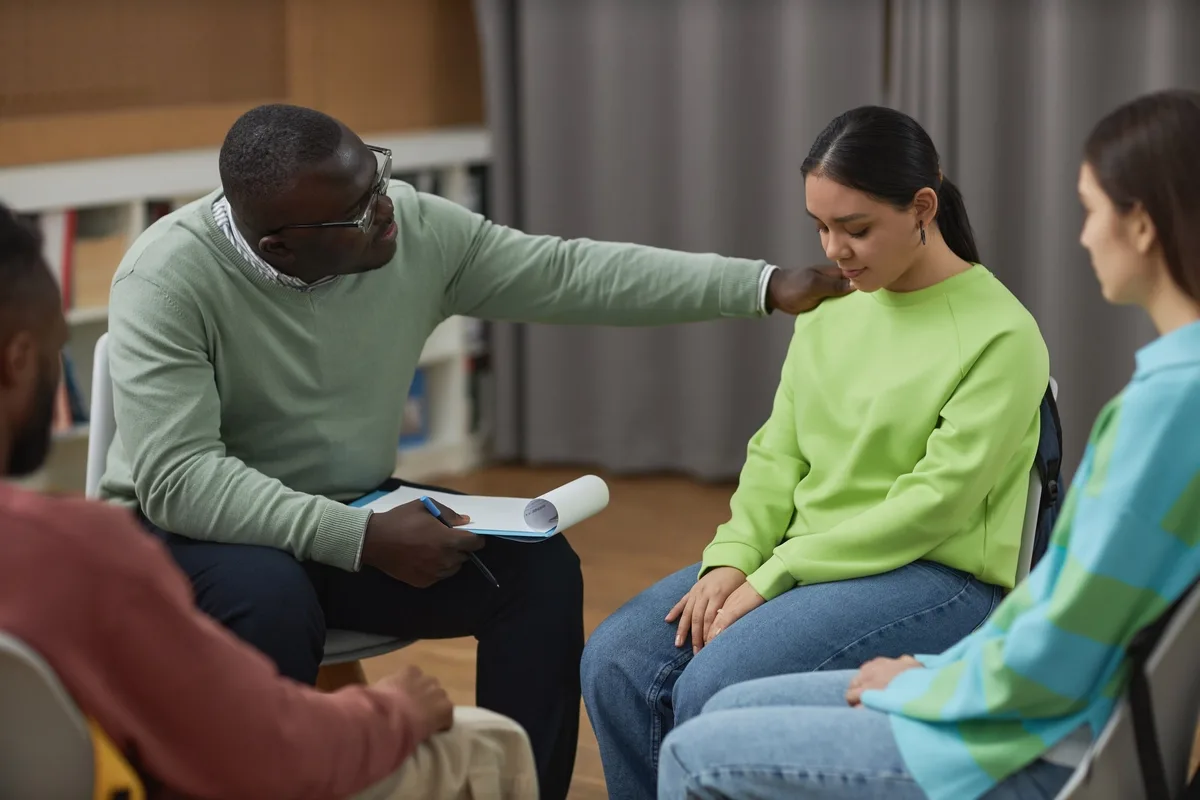24/7 Helpline:
(866) 899-111424/7 Helpline:
(866) 899-1114
Learn more about Residential Rehab centers in Buena Park
Residential Rehab in Other Cities

Other Insurance Options

Anthem

CareFirst

GEHA

Lucent

Aetna

Regence

Meritain

Molina Healthcare

Magellan

Kaiser Permanente

UMR

American Behavioral

Cigna

Magellan Health
Beacon

Choice Care Network

MHNNet Behavioral Health

Horizon Healthcare Service

Humana

Absolute Total Care

Child Guidance Center
Child Guidance Center is a private rehab located in Buena Park, California. Child Guidance Center sp...

AA – Alcoholics Anonymous
AA – Alcoholics Anonymous is a non-profit rehab located in Buena Park, California. AA – Alcoholics A...
















